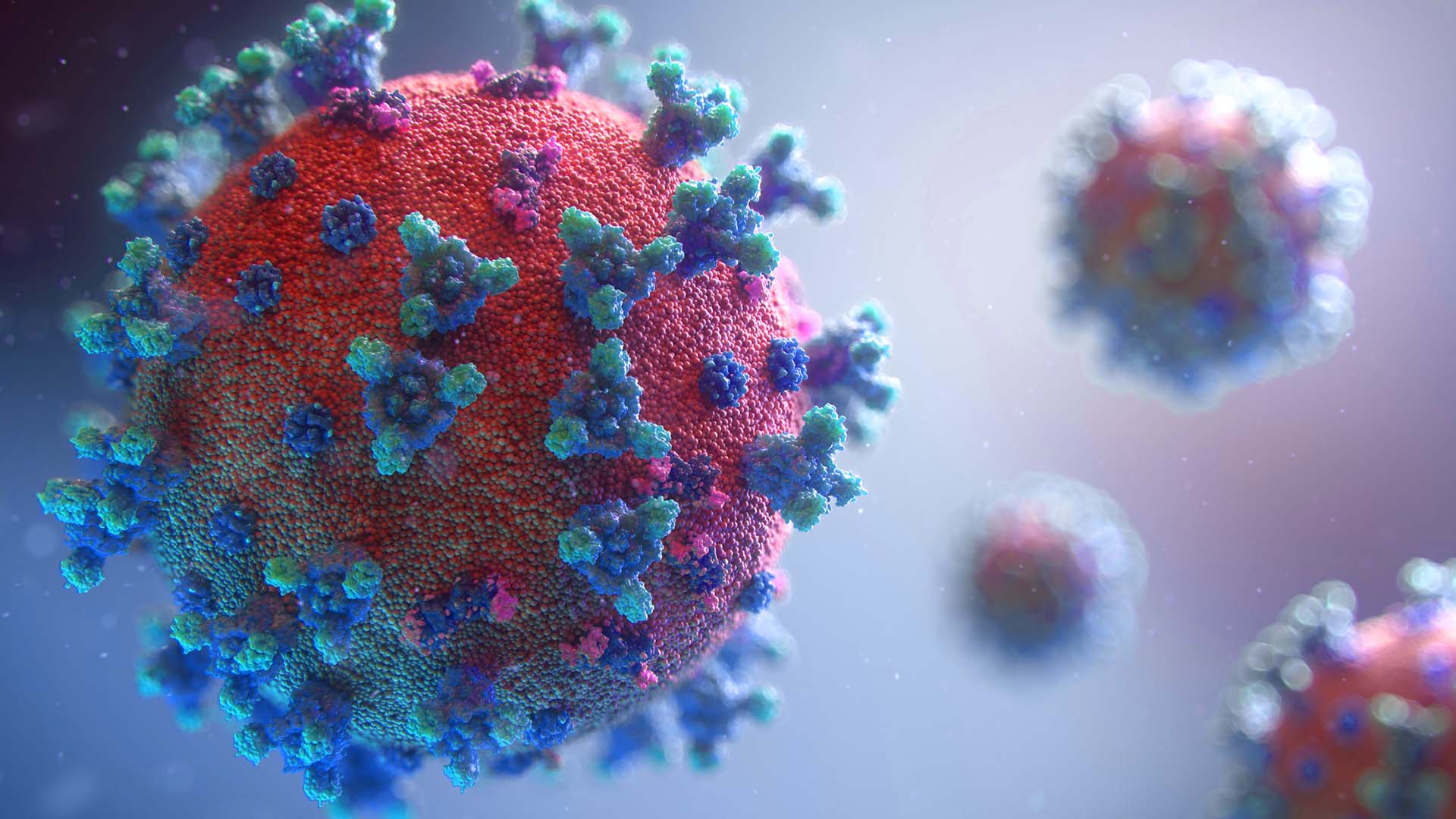26 April, 2023
The European Respiratory Society (ERS) has welcomed the draft report on the “COVID-19 pandemic: lessons learned and recommendations for the future (2022/2076(INI)) – Special Committee on the COVID-19 (COVI)”, and in particular the acknowledgement of the pandemic’s tremendous impact on chronic disease patients due to their vulnerability to developing severe health complications, high hospitalisation and mortality rates, and challenges linked with delay and disruptions to treatment and care.
Assessing the EU’s pandemic response remains of paramount importance and it will contribute to strengthening EU actions on pandemic prevention and preparedness for the future.
Since the beginning of the pandemic, ERS has supported the respiratory community with training programmes, guidelines for the care and management of COVID-19 and recommendations to guarantee the continuity of care for respiratory patients. Based on the knowledge we developed before and during the pandemic, ERS provided several recommendations to strengthen the draft report:
- Ensure that the vulnerability of people with pre-existing respiratory health conditions during the current and any future pandemic is well addressed.
- Address the collateral damage that will likely arise in the years to come due to late diagnosis of respiratory diseases and gaps in treatment and care.
- Outline innovative approaches for better health systems’ management to meet the treatment and care needs of chronic disease patients; ensure healthcare services’ continuity for people with chronic diseases amid the crisis.
- Support research and innovation in respiratory medicine and new models of respiratory care (for instance, digital solutions such as virtual wards).
- Although it affects multiple organ systems, ERS recommended to include the definition of COVID-19 as a respiratory disease in the final report, aligning with the definition used by the WHO Coronavirus disease (COVID-19) pandemic (who.int)
- Recommend improving healthcare systems’ resilience by establishing standardised research protocols and common platforms for rapid recruitment into adaptive and pragmatic trials.
- Ensure that the lessons from the pandemic are drawn and synthesised from all member states and the health workforce and medical equipment shortage crisis will not be repeated during any other health emergency.
- Facilitate the collection of comparable surveillance data for both infectious and chronic diseases in the EU through a holistic surveillance/ data collection system.
- Support the continuous improvement of surveillance and early warning systems for health threats and facilities for genomic sequencing, which proved to be vital to understand the best course of actions.
Additionally, ERS highlights that healthcare investments must remain at the top of the political agenda, and specific focus should also be given to prevention and management of non-communicable diseases (NCDs).
Read the full statement online here.





